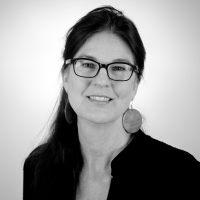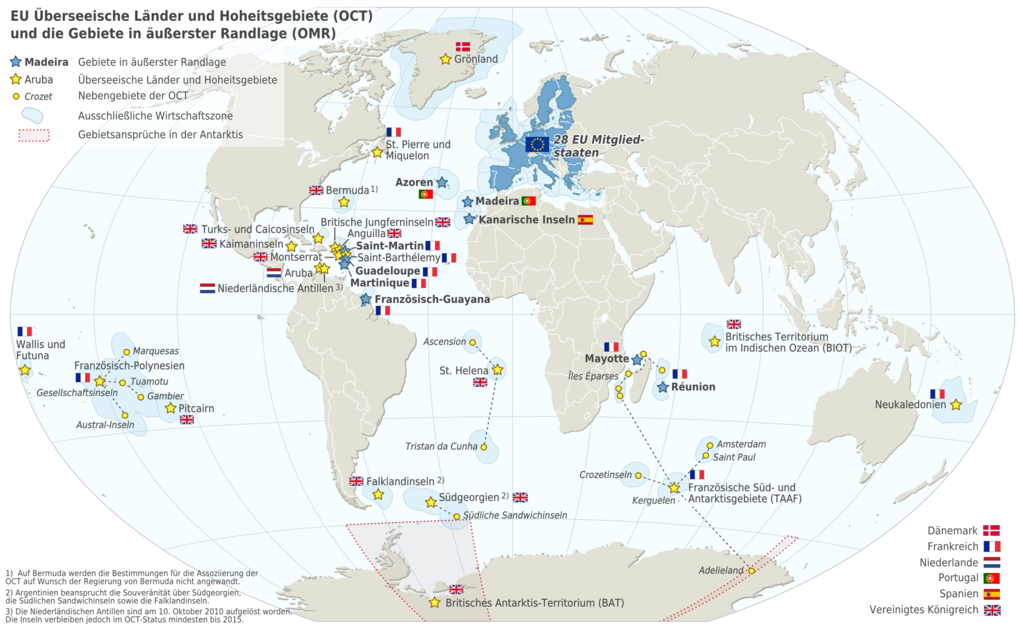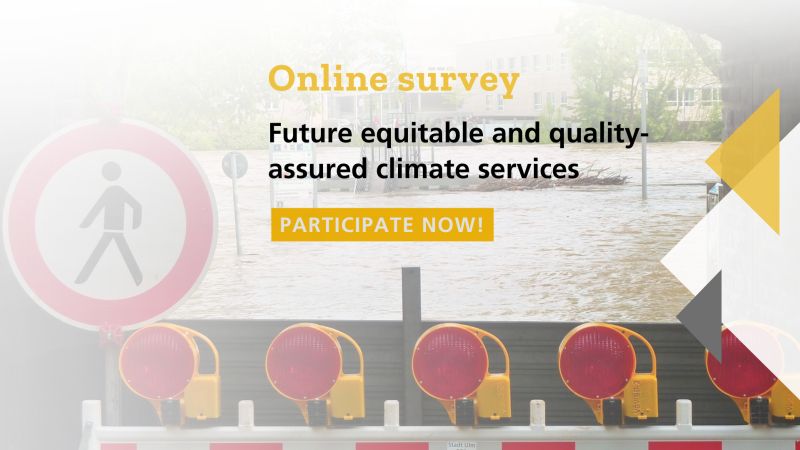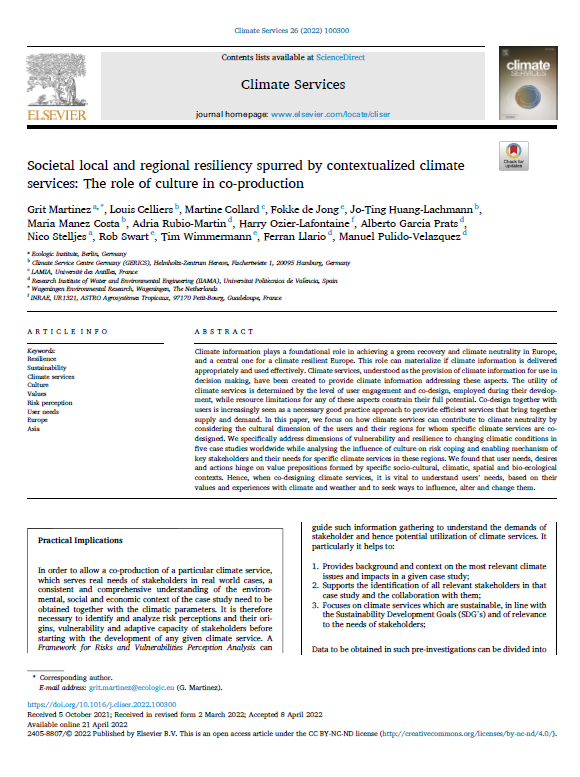© daniele furlantto photography
Climateurope2-Festival – Uniting climate actions in Europe
- Presentation
- Date
-
-
- Location
- Venice, Italy
- Chairing
Organized by the Euro-Mediterranean Climate Change Center (CMCC) in close collaboration with the EU Climate Change Adaptation Mission, the European project Climateurope2 celebrated a festival uniting science, services and standards for a climate resilient future from 11 to 13 March 2024. Dr. Grit Martinez of Ecologic Institute contributed to the festival with a set of activities spanning from facilitation of fishbowl discussion and break out groups with practitioners to an interview with the media team of Climateurope2. Climateurope2 team wishes to thank all participants for actively participating in the Climateurope2 Festival. The insightful discussions, presentations and debates that took place over the three days of the event laid the basis for fostering new connections within the European climate services community.
The central themes of the festival revolved around three overarching themes encouraging the mingling of different types of audiences: The EU Mission on climate change, urban and water management challenges. The festival differentiated itself from traditional scientific conferences by integrating artistic, training and interactive elements, providing a unique opportunity to engage with the climate services community at large.
The festival united subnational authorities active in climate mitigation and adaptation and other action holders, providers of climate services, innovation projects as well as public and commercial organizations in their quest implement effective adaptation measures through the use of climate services and the development of standards. Special emphasis was given to empowering regional and local administrations, stakeholders from climate-related sectors, and anyone interested in engaging in climate action. On the second day of the festival, Dr. Grit Martinez co-facilitated a lively fishbowl discussion entitled Climate adaptation in urban regions – How can climate services support decision-making? Amongst others, requirements related to effective utilization of climate services and standards were discussed with regional and local administrations from several European regions in eastern, western and Southern Europe. While municipalities are increasingly aware of the need to better integrate climate adaptation into their urban development plans e.g. by connecting climate risk to social vulnerability, blue-green infrastructure and health risks, cities remain to be complex decision-making environments and so are the requirements related to climate services i.e. building on each other and creating a value chain for effective regional and local adaptation. E.g. municipalities from Eastern Europe reported about the problem that national and regional regulations can be incoherent and/or climate related regulations for city planning are absent. Another acknowledged gap related to the social acceptance of climate services. Although it is widely known that the implementation of climate data into decision-making are social processes, cases of failure were reported, such as the recent construction of an urban waterfront in a flood zone in Portugal. In this case, commercial interests overrode the insights provided by climate service data and of the public. In the lively discussion, it became again clear that practitioners and public administration must be the central interface in the implementation of climate services and that there is still a great need for the transformation of climate related information in socio-political decision-making processes. The outcome of the discussion will be used by the project team to facilitate the next steps of policy outreach activities of the HORIZON project climateurope2 namely the preparation of a Europe wide survey with regional authorities under the lead of Ecologic Institute and the facilitation of round tables discussions and workshop in various European regions.
On day two of the festival Dr. Grit Martinez facilitated a second breakout group on the complex issue of equitability of climate services. Participants of the group discussed how the delivery of climate services such as data, tools, information, science can be made equitable and accounting for the needs and priorities of a diverse set of user communities of multiple disciplines and background as they engage in climate preparedness, adaptation, and resilience planning. This discussion will contribute to a framework for equitable standardization of climate services as one of the key results of the HORIZON project climateurope2. Finally, during a short set of interviews amongst climateurope2 project partners, Dr. Grit Martinez together with anthropologist Dr. Werner Krauß from the Sustainability Research Center (artec) gave an interview.








